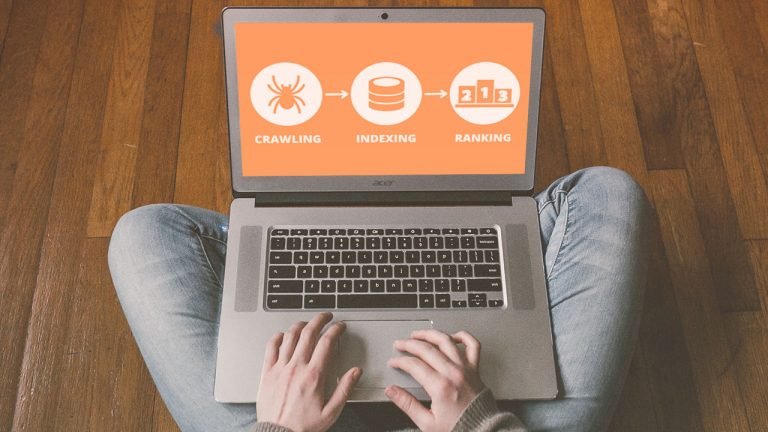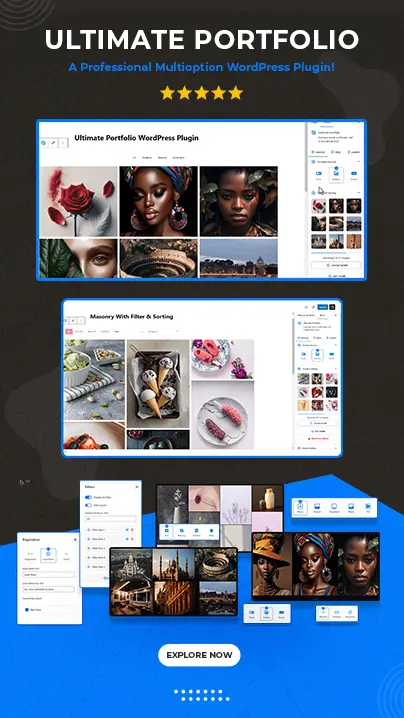
It’s crucial to have your website indexed in search engines before the launch. Why? Read on.
Are you going to introduce a new website? If so, getting your website indexed on search engines like Google will be your first step in generating visitors. This will make it possible for your target market to locate you as soon as possible for pertinent search queries.
The various benefits of having your website indexed as soon as feasible are examined in this article, along with some methods for doing so.
Why is quick site indexing important for search engines?
There are many reasons to have your website listed in search engines before the formal launch.
They include:
- For them to know where to link and which website to share, you want PR professionals like journalists, bloggers, and influencers to find you on launch day. If you have competitors with similar names or noncompetitors with similar domain names, the journalist can link to the wrong website.
- For your website to be successful, it must be rendered and indexed correctly. Being indexed prior to start allows you to examine the cache and address any problems.
- Launches need significant advertising expenditures, so you want to make it simple for the clients you are paying to be seen to find you.
- Consumers will have to travel through your home page or search functionality if the new product or category pages are not indexed, which will add extra steps to your conversion funnel.
- A new site may take weeks to be fully indexed. The novelty of your business has already started to fade by that time.
How long does it take for Google to index a website?
Crawling may take up to four weeks, according to Google Advanced SEO documentation.
John Mueller, a Google Search Advocate, responds to a question about how long SEO takes for new pages during a #AskGooglebot session.
Beginning with two disclaimers, Mueller notes that neither Google nor search users are guaranteed to see every webpage that is indexed.
He goes on to note that after a new page is posted online, it may take several hours to several weeks for it to be indexed. He “suspects” that the majority of relevant content will be indexed in a week.
Site indexed? No? Request it to Google
Multiple methods are available through Google Search Console for website owners to inform Google of a new website and guarantee that the most crucial pages are scanned and indexed. You can get started by generating a robots.txt file and submitting a sitemap.
With the URL Inspection tool, you can also request that Google crawl your URLs. They point out that indexing may take up to two weeks.
Inform Bing of the latest website content
Editor’s note: Just like Google, Bing provides a set of tools for website owners to use in order to get their website noticed by Bing. Their IndexNow protocol falls under this. It enables website owners to immediately notify search engines of updated website material.
It may take days or weeks for search engines to detect that the content has changed as they don’t constantly check every URL. Search engines can limit organic crawling to find new information by using IndexNow to prioritize crawling for URLs that have changed.
Promote your new website on Twitter
Twitter is swiftly indexed by Google. The Help Center for Twitter states:
“Remember that Google and other search engines may index the words you use in your Twitter tweets or profile, making your profile or tweets visible in search for those terms,” Twitter suggested
Try tweeting the link out and check if Google crawls your tweets to your website if you have a Twitter account and you notice tweets appearing when you Google your name.
Discover links from Google

Having backlinks from pages that are crawled by “discover” and “refresh” is an underused method of indexing.
- Google’s newest content discovery spider is called Discover.
- Google utilises the bot Refresh to update the information in its indexes.
When you have a blogger or website owner that is willing to provide you with one or two backlinks, ask them if they will sign into Search Console.
You can download a list of the URLs that Google scans and when they crawl them from the settings section.
Ask for the connection from the most commonly crawled pages by finding these pages. Here are the steps for using the crawl statistics feature.
Additional search indexing tips
To make sure your most crucial pages are indexed by the search engines, you need also check a few things before people visit your website.
- Duplicate pages, site search results, and parameter-based URLs like variations should all be forbidden by your robots.txt file.
- Robots.txt and Search Console both list the sitemap, which solely contains self-canonicalized URLs.
- Once you exit staging, the meta robots tag has been modified to use the phrase “index, follow” to promote indexing and following.
- You don’t need additional scripts, plugins, tracking tools, or resources to load the page; you only need metadata and resources.
- See how a spider that impersonates Googlebot or Bingbot searches your website. There are many possibilities, some of which are free.
- To make sure “live URLs” render correctly and are error-free, test them in Search Console.
- You have breadcrumbs, the primary website navigation, and internal links to direct the spiders to your content’s most crucial pages.
Conclusion
It can be frightening to ask for indexing for fear that your launch will be leaked, but would you rather risk losing out on money and backlinks by having journalists and customers choose your competitors over you?
It can take a few weeks before users can find you in search engines if you don’t index your website before launch. Anyone who appears for your name or brand could end up with customers.
